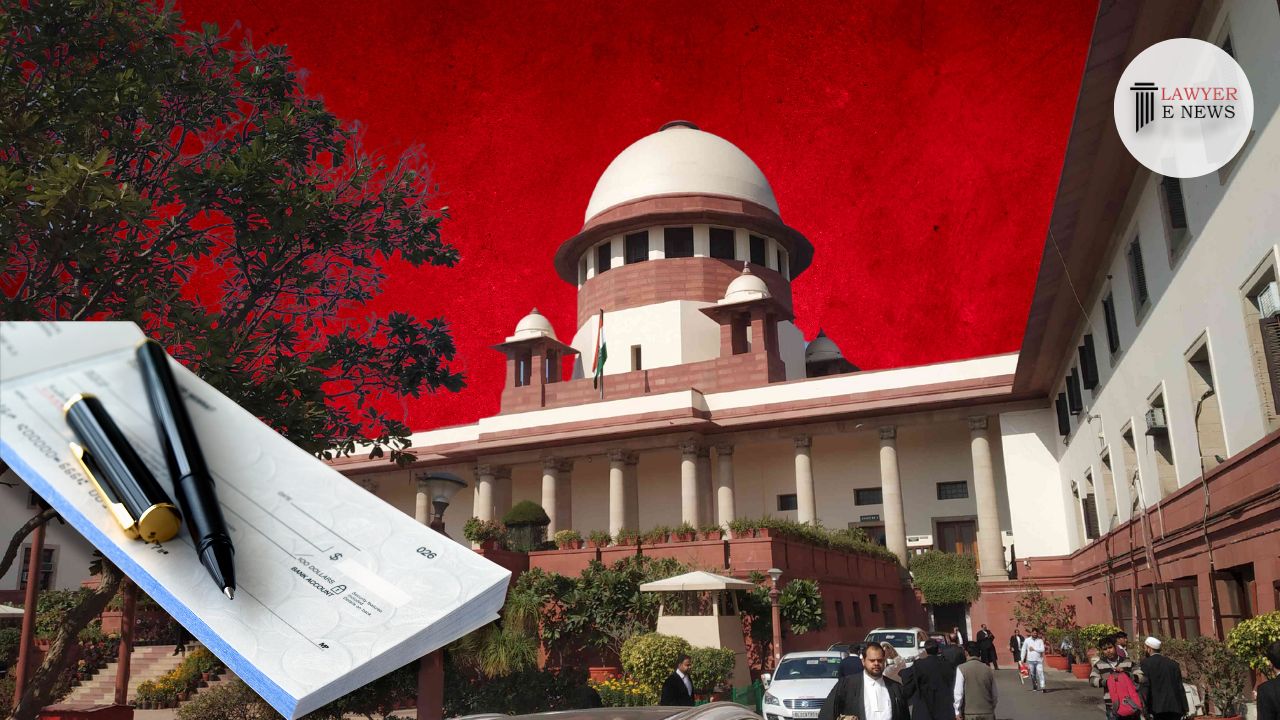-
by sayum
14 February 2026 2:22 PM



In a significant judgment, the Supreme Court has clarified that the exemption from payment of Market fee under the Punjab Government’s 2003 Industrial Policy does not extend to the Rural Development fee. The judgment, delivered by a bench comprising Justices Vikram Nath and Prashant Kumar Mishra, overturned the Punjab & Haryana High Court’s decisions and emphasized the distinct nature and statutory framework of the two fees.
he case centers on M/s Punjab Spintex Ltd., which set up a spinning unit in Bathinda for manufacturing cotton yarn and sought exemption from both Market fee and Rural Development fee, claiming similarity to M/s Partap Furane Pvt. Ltd. Despite the High Court initially supporting their claim based on the Punjab Government’s 2003 Industrial Policy and prior departmental communications, the state government contested this interpretation, leading to the Supreme Court’s review.
The Supreme Court highlighted that the Market fee, levied under the Punjab Agricultural Produce Markets Act, 1961, and the Rural Development fee, imposed under the Punjab Rural Development Act, 1987, serve different purposes and objectives. The court noted, “Market fees and Rural Development fees are collected under two different statutes with distinct objects; thus, they cannot be presumed to be interchangeable or mutually inclusive.”
Justice Vikram Nath elucidated, “The 2003 Policy does not specifically exempt Rural Development fees; therefore, assuming such an exemption is highly presumptive and extends beyond the policy’s intended scope.” The judgment underscored that the 2003 Policy’s incentive structure explicitly pertains only to Market fees and not to Rural Development fees.
The court scrutinized the reliance on departmental communications, particularly the notes from 2001 which the Respondent cited to claim exemption. The judgment clarified, “Subsequent communications, such as the letter dated 02.11.2010, withdrew the earlier notes, and the clarification memo dated 21.02.2011 further reiterated that exemptions from Market fees do not automatically apply to Rural Development fees.”
The Supreme Court extensively discussed the legal principles surrounding statutory interpretation and administrative policies. It reiterated that statutory exemptions must be explicit and cannot be inferred through broad or ambiguous interpretations. The bench stated, “The two fees under distinct statutory frameworks cannot be equated; such an interpretation would lead to a significant and unintended expansion of the 2003 Policy’s scope.”
Justice Vikram Nath remarked, “The assumption that exemption from Market fees would subsume Rural Development fees is far-fetched and an attempt to overreach the policy’s scope. This would lead to ambiguity and contradict the policy’s clear terms.”
The Supreme Court’s ruling emphasizes the importance of precise statutory interpretation and the need for clear, unambiguous language in policy documents. By affirming the distinct nature of Market and Rural Development fees, the judgment sets a crucial precedent for future cases involving industrial policy incentives. The decision not only clarifies the legal framework but also ensures that similar statutory interpretations adhere strictly to legislative intent and policy provisions.
Date of Decision: July 15, 2024
State of Punjab & Ors. Vs. M/s Punjab Spintex Ltd.
